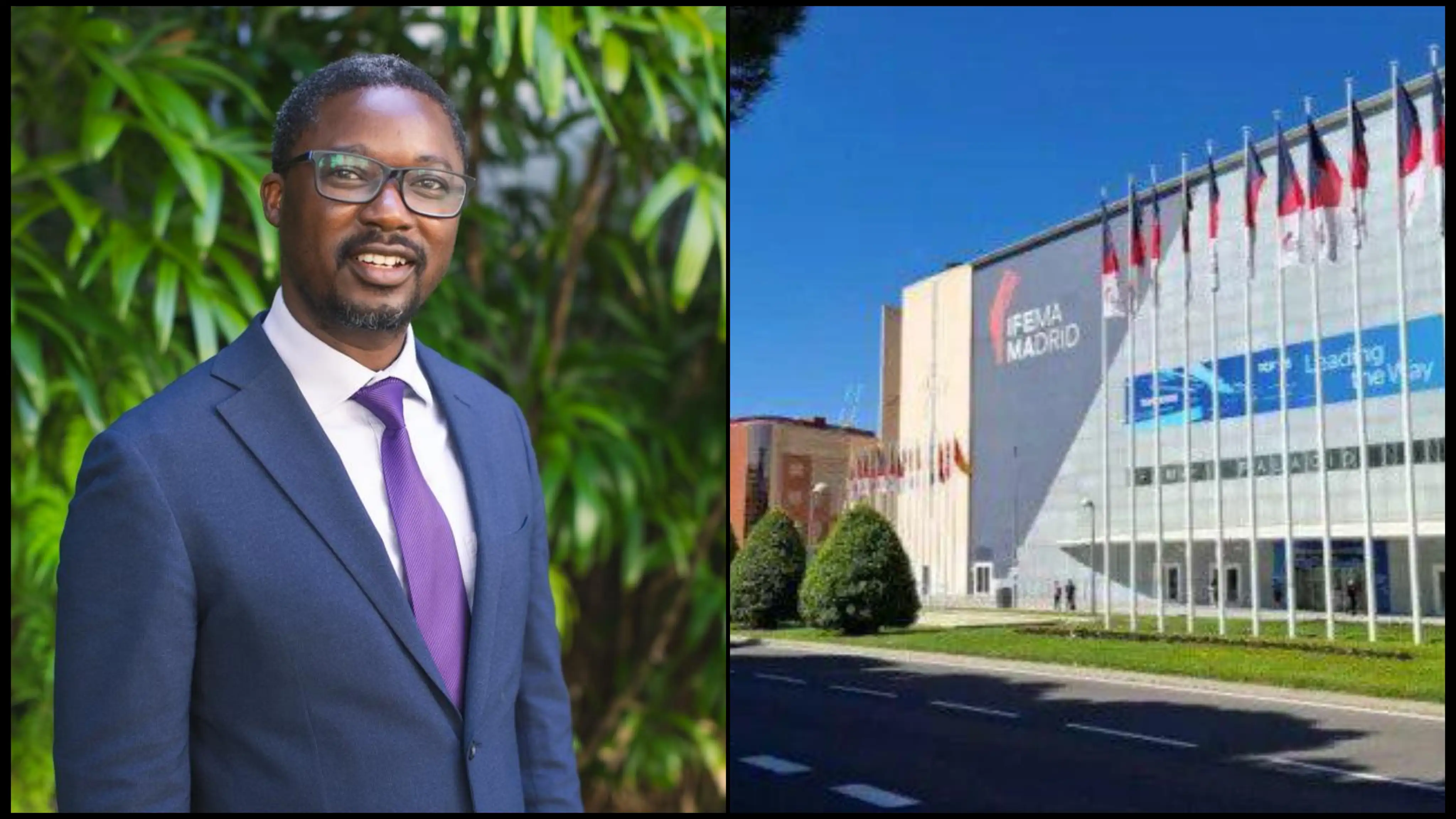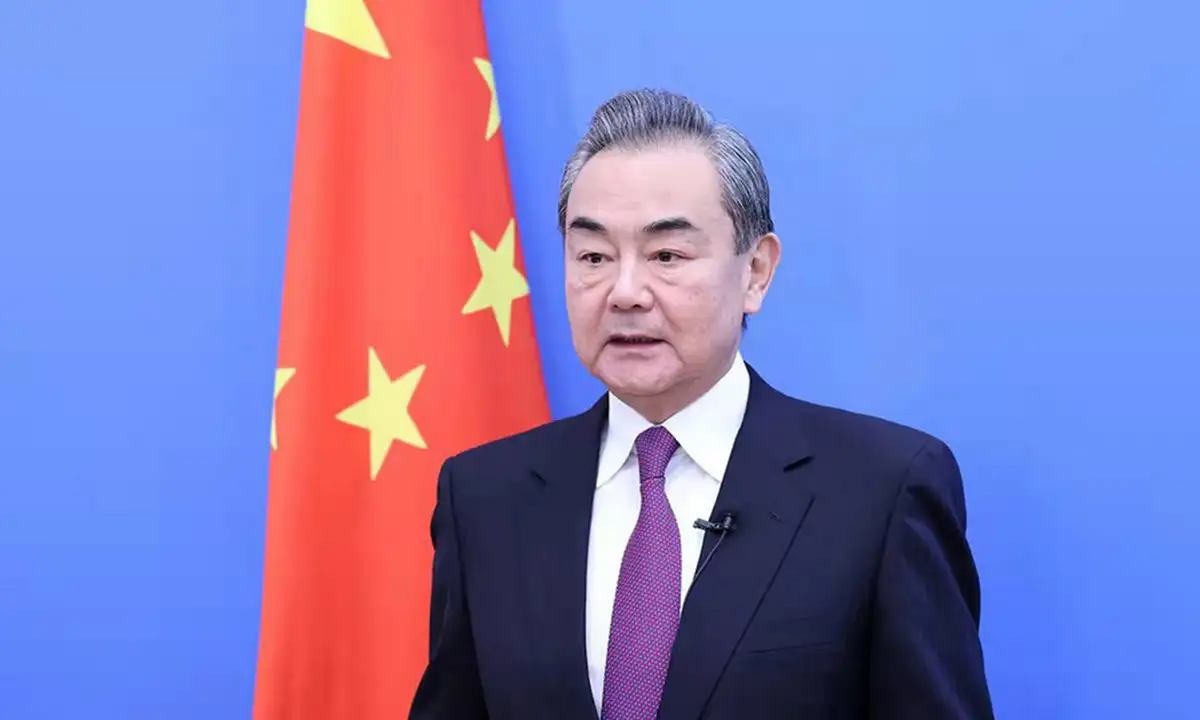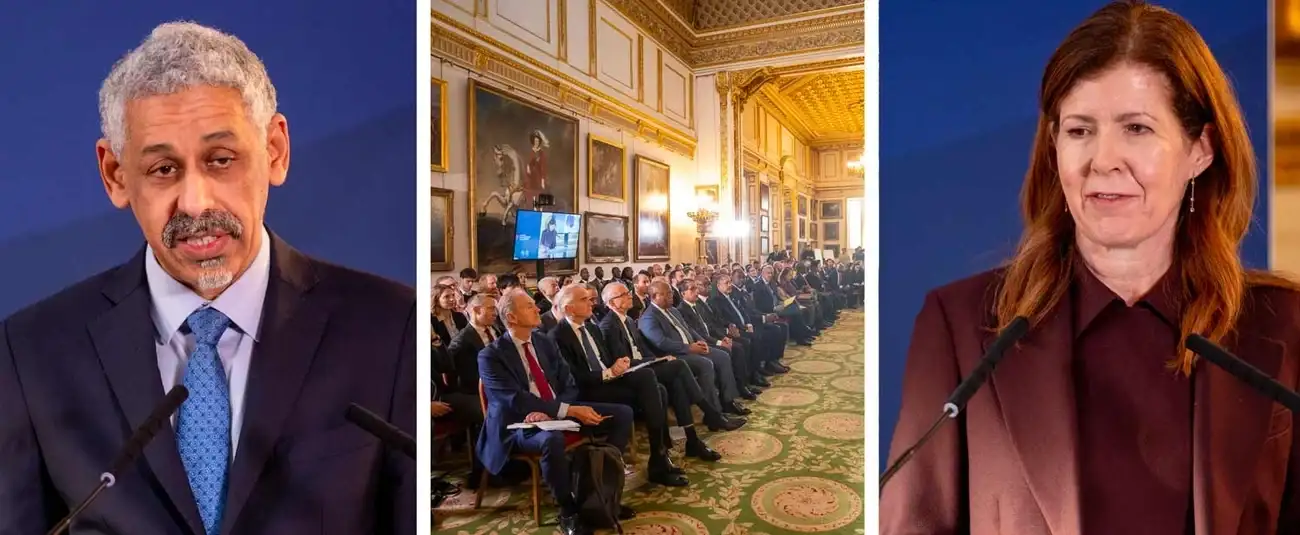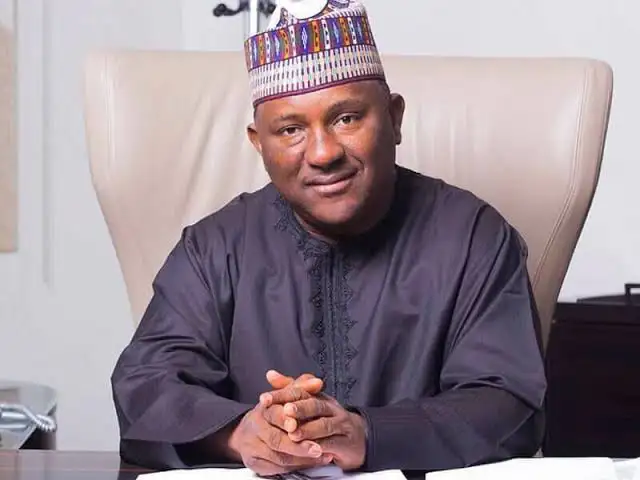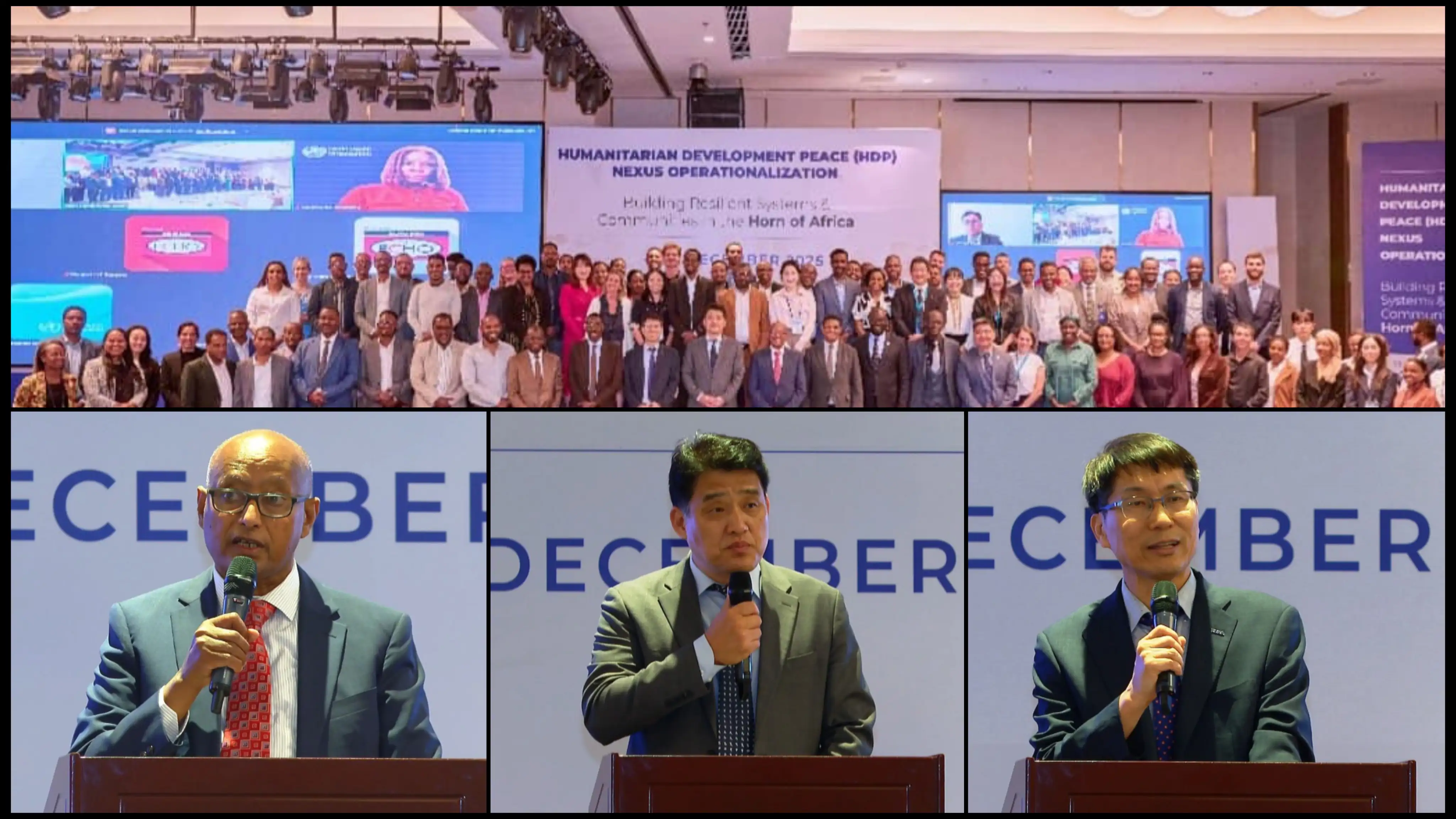African leaders have arrived in Madrid for a critical global summit, vowing to end "siloed" political thinking and forge a unified front to combat the continent's deepening water, sanitation, and climate crises. Ministers of finance, water, and environment from over 60 nations are co-convening the two-day 2025 Sector Ministers’ Meeting (SMM) to transform national policy and secure climate resilience for communities reeling from droughts and floods.
The 2025 Sector Ministers’ Meeting (SMM), which began on October 22, is co-convened by the Government of Spain, UNICEF, and the Sanitation and Water for All (SWA) partnership. It has brought together ministers of water, sanitation, environment, climate, and finance from over 60 countries under the theme, “Breaking Silos: Uniting Political Leadership to Integrate Water, Sanitation and Climate Action.”
Africa is disproportionately affected by a deepening water and climate crisis. Currently, nearly 400 million people in sub-Saharan Africa lack access to safe drinking water, and more than 700 million lack safely managed sanitation services, according to the WHO/UNICEF Joint Monitoring Programme.
Climate change is intensifying these long-standing vulnerabilities, manifesting in prolonged droughts across the Horn of Africa, severe flooding in the Sahel, and deepening water shortages in Southern Africa. These interconnected challenges pose a severe threat to public health, food security, education, and economic stability.
The 2025 Sector Ministers’ Meeting (SMM) is structured to deliver three major strategic results aimed at integrating development and climate action.
First, African governments are expected to sign a High-Level Leaders’ Pact on Water Security and Resilience, committing to specific, measurable actions to bridge gaps in water and sanitation access while strengthening climate resilience nationally.
Second, a Mutual Accountability Mechanism will be established as a global oversight framework, ensuring transparency and tracking the progress of commitments made by governments, civil society, and donors.
Finally, the outcomes of this summit are designed to have a global reach, informing high-level discussions at both COP30 in Brazil and the UN 2026 Water Conference, thereby guaranteeing that African perspectives are central to shaping future international climate and water policy.
Muyatwa Sitali, Acting CEO of the SWA partnership, underscored the importance of the gathering, stating, "The SMM is where global commitments meet local realities — and Africa’s leadership will be critical to achieving lasting change.”
Leaders are also using the summit to exchange best practices, citing examples such as Kenya’s investments in climate-resilient water infrastructure, Ghana’s push for universal sanitation, and Ethiopia’s efforts to integrate water and climate planning. This collaboration aims to accelerate progress toward Sustainable Development Goal 6 (SDG 6): ensuring universal availability and sustainable management of water and sanitation.
